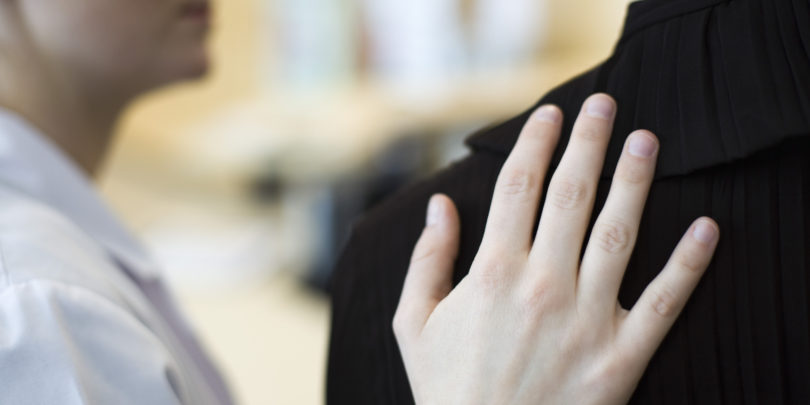
By Emma Wilson
As an Adult and Youth Mental Health First Aid (MHFA) Instructor, I am trained to deliver these 2-day internationally recognised mental health first aid courses. With more than 250,000 Mental Health First Aiders in England, there’s no better time to become qualified – and anyone can do it!
So why is it important to tackle mental health problems?
The topic of mental health is increasing in importance across the UK. The 2017 Independent Review Thriving at Work found that poor mental health costs the UK economy between £74 billion and £99 billion every year, with employers facing an annual cost of £33 billion to £42 billion.
There is also an undeniable human cost. This includes lost productivity – absenteeism and presenteeism in the workplace – as well as welfare costs and lowered quality of life. It can impact a person’s personal life, their relationships with others and can contribute to a greater risk of certain physical health problems such as cardiovascular disease and diabetes. Most tragically, it can lead to suicide, something which takes the lives of over three times the number of people who die in road traffic accidents each year in Great Britain.
Such problems start at a young age. It is estimated that 50% of long-term mental health problems start by the age of 14, and 75% by the age of 18. We are also seeing a great number of young people in crisis, and a 2017 NHS report found that child A&E admissions doubled over five years.
How can Mental Health First Aid help the situation?
Let’s start with what the course does not do. It does not train participants to become therapists. Rather, just like physical health first aid it teaches you to listen, reassure and respond, even in a crisis. It provides you with the confidence to spot signs and symptoms of mental distress. If you’re a manager or teacher, it provides a holistic understanding of mental health and mental illness, so you are better equipped to know what to say – and what not to say – if someone approaches you about their mental health.
Having physical first aid skills in a work or school environment is a necessity; mental health first aid skills are the same!
So what will I learn?
- A deeper understanding of mental health and the factors that can affect people’s wellbeing, including your own
- Practical skills to spot the triggers and signs of mental health issues
- Confidence to step in, reassure and support a person in distress
- Enhanced interpersonal skills such as non-judgemental listening
- Knowledge to help someone recover their health by guiding them to appropriate support
Mental Health First Aid is not intended to be the “Magic Bullet” to solve the mental health crisis. It is not intended to act as a replacement for primary or secondary health services. Put simply, it is one of many tools that can create a more open, mentally literate society. Just like physical health first aid, knowledge and training saves lives. A whole-system approach also aims to break down the stigma of talking about our mental health.
How can you become a Mental Health First Aider?
To become a qualified Mental Health First Aider, you need to attend a 2-Day course. There are lots being held all across the country – please visit the MHFA England site for details. You can also check out my website for dates in the London area.
What are the other options?
If you’re not yet convinced about the 2-Day course, don’t forget that every secondary school in England is entitled to one free place on a Youth MHFA One Day course.
You can also contact Emma to discuss bespoke workshops on topics such as eating disorders, self-harm, anxiety and the role of social media.
How can I get in touch?
Follow Emma’s updates on Twitter, Facebook or via her website
Head Talks is a partner of MHFA England.
Leave a comment!